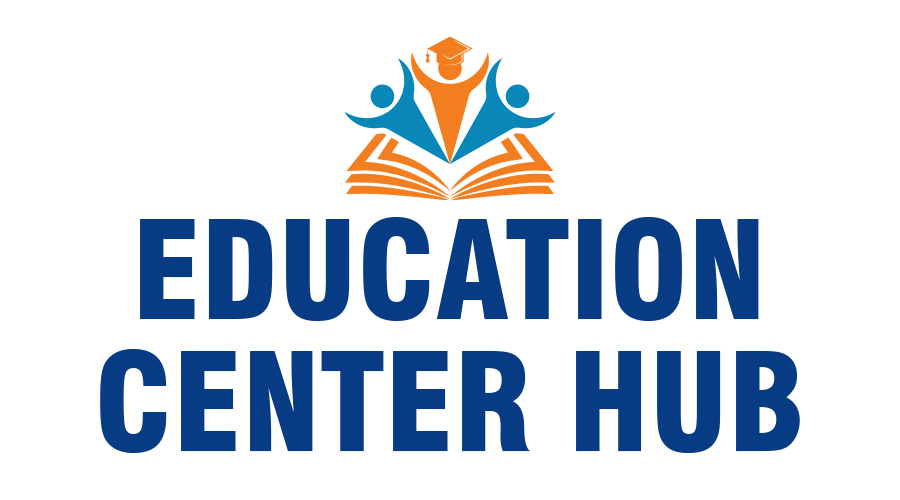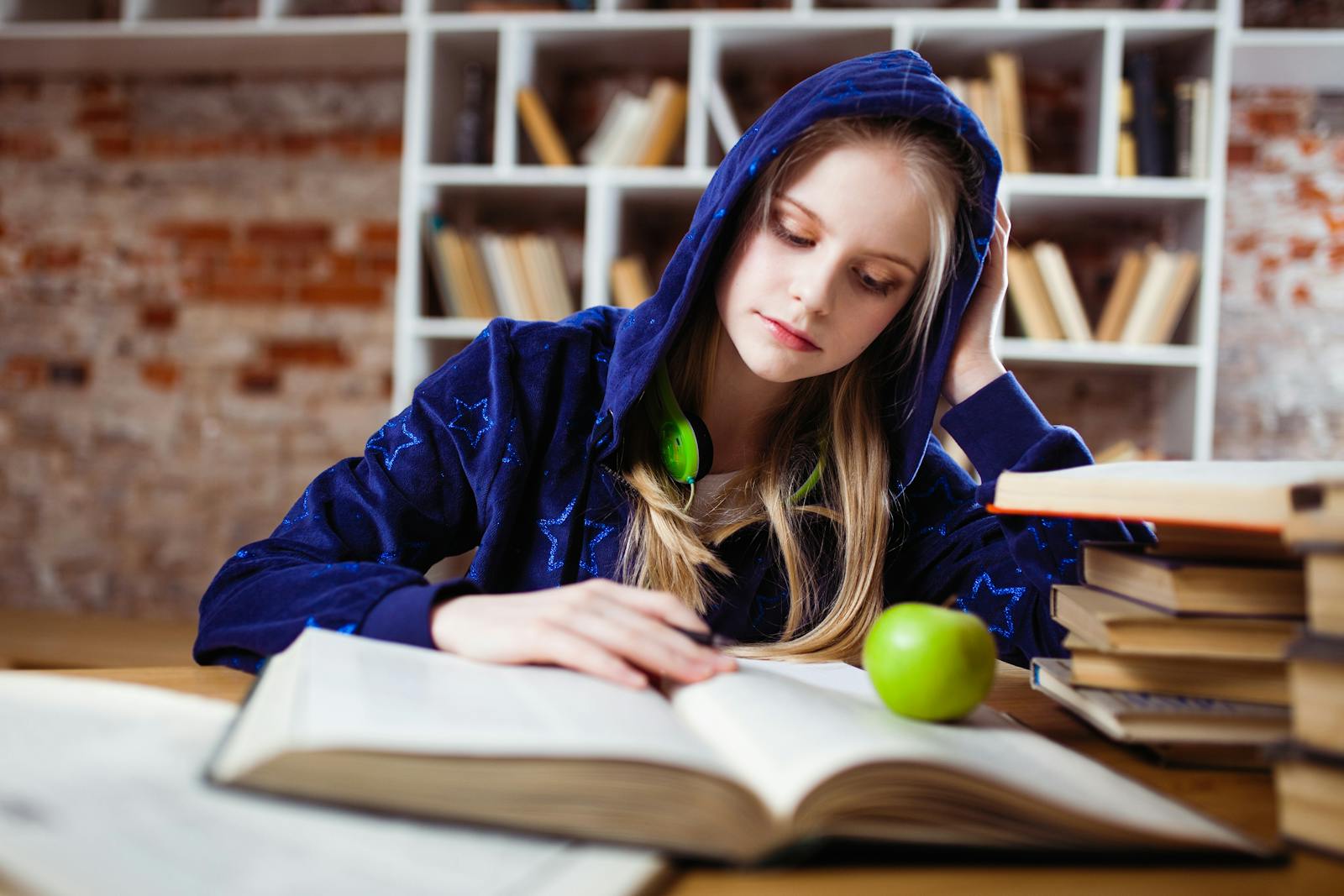It’s January, which means the beginning of a brand-new school year in South Africa. In less than a week, students (or students, as they’re called South Africa) and teachers will certainly fill classrooms, wishing to embark on a new year of learning, knowledge, toplearningideas and growth. It’s a good time for pupils to ride the momentum acquired with in 2014’s record-breaking senior high school pass price. For those of us in the USA, Canada, and also other Western countries, it’s a good time to learn more about the educational experiences that our young South African pals will certainly have this year.
Main education and learning is mandatory in South Africa. According to the country’s Constitution, toprankeronline South Africa has a commitment to make education readily available and easily accessible. All South Africans have the right to a fundamental education, including adult basic education and learning as well as further education and learning.
Institution in South Africa starts in quality 0, or quality R. It’s the matching of our kindergarten, a time of school preparation and also very early childhood years socializing. Qualities 0 to 9 make up General Education as well as Training, adhered to by Additional Education and learning and Training (FET) from qualities 10 to 12. Students either remain in senior high school throughout this time around, or get in even more specialized FET establishments with a focus on career-oriented education and learning and training.
After passing the nationally-administered Elderly Certification Examination, getcoursera or “matric,” some students will certainly proceed their education at the tertiary degree, functioning towards degrees as much as the doctoral degree. Over a million students are enlisted in South Africa’s 24 state-funded schools.
Bantu education was abolished with the end of racism in 1994. However, South Africa continues to deal with inequality as well as academic disparities. Seventeen years after completion of racism, the vast majority of bad black youngsters are denied a high quality education at significantly deprived public institutions.
Over three-quarters of these institutions do not have collections, and also a lot more do not have a computer system. rankershubs Around 90 percent of public colleges have no science laboratory, and also over half of all pupils either have no message books or need to share them. Over a quarter of public colleges do not even having running water.

